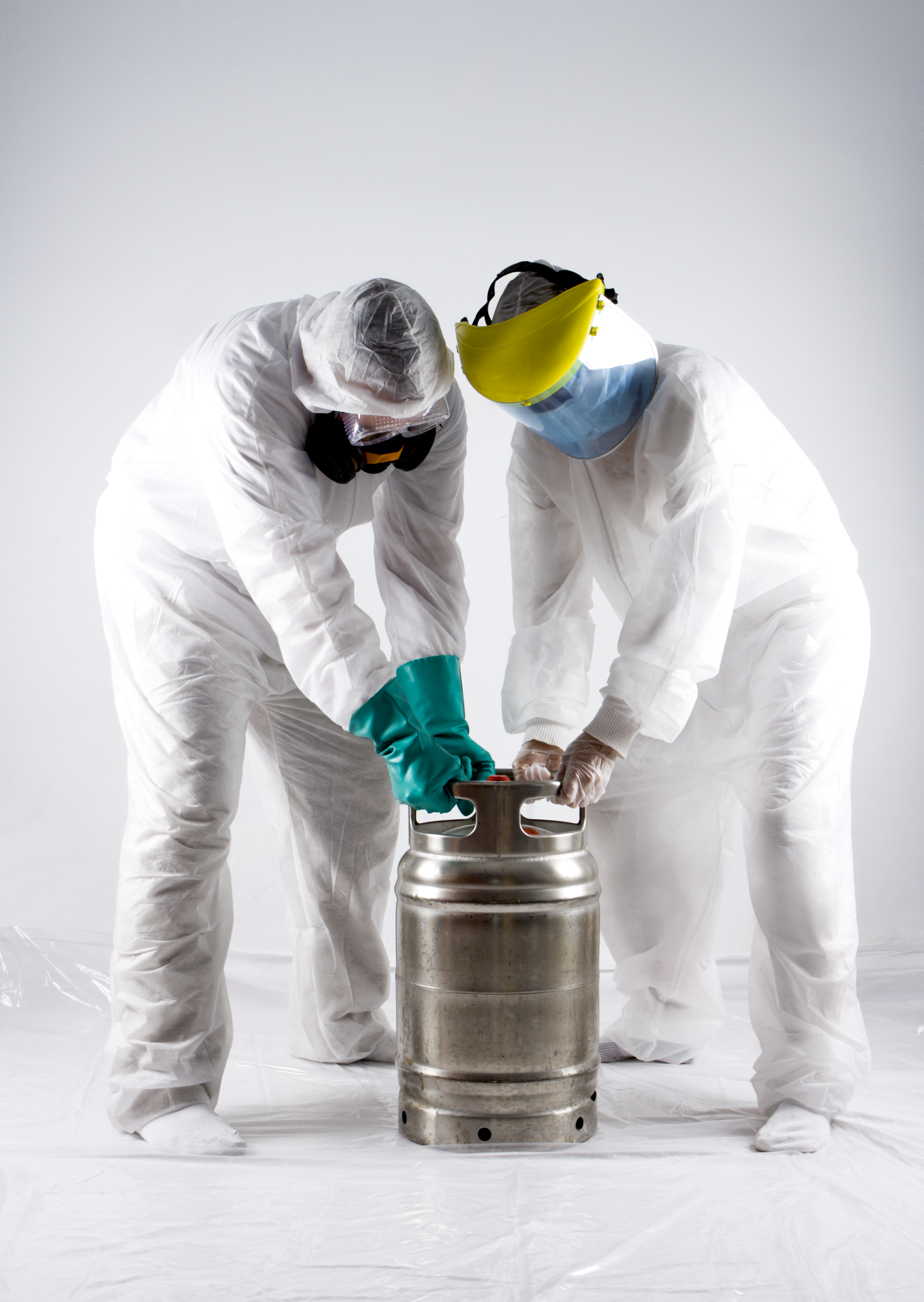 |
HAZWOPER applies to employers involved in three general categories of work operations:
- Hazardous waste site cleanup operations (e.g., Superfund, voluntary cleanups, and corrective actions under RCRA)
- Operations involving hazardous waste at TSDFs (e.g., a landfill that accepts hazardous waste), and
- Emergency response operations for releases of, or the threat of release of, hazardous substances at any location (e.g., response to spill of toxic substance from a 55-gallon drum, response to leaking storage tanks, response to chemical fire)
Note: HAZWOPER training is highly job-specific. The OSHA standard requires that employees may not participate in field activities “until they have been trained to a level required by their job function and responsibility.”
The following tables outline training requirements for general hazardous waste cleanup operations and TSDFs.
Meet your OSHA-required 8-, 24-, or 40-hour HAZWOPER training requirements with HAZWOPER Training Program!
Table 1: Hazardous Waste Site Cleanup Operations
Topics covered in the training for hazardous waste site cleanup operations include:
- Names of safety and health personnel;
- Hazards on the site;
- Use of personal protective equipment;
- Risk reduction work practices;
- Safe use of engineering controls and equipment;
- Medical surveillance; and
- The Health and Safety Plan (HASP) provisions.
| Workers | Training |
|
40 hours initial training
24 hours supervised field experience 8 hours annual refresher |
|
24 hours initial training
8 hours supervised field experience 8 hours annual refresher |
|
24 hours initial training
8 hours supervised field experience 8 hours annual refresher |
| Employees under 2 & 3 who become general site workers (1) | 16 hours of additional training
16 hours of additional supervised field experience |
| Supervisors/Managers | |
| Supervisors of general site employees | 40 hours initial training
24 hours supervised field experience 8 hours of specialized training in employer’s safety and health-related programs 8 hours annual refresher |
| Supervisors of employees occasionally on-site for a limited task | 24 hours initial training
8 hours supervised field experience 8 hours of specialized training in employer’s safety and health-related programs 8 hours annual refresher |
| Supervisors of employees regularly on-site who are not exposed to health hazards | 24 hours initial training
8 hours supervised field experience 8 hours of specialized training in employer’s safety and health-related programs 8 hours annual refresher |
Your Search for HAZWOPER Training Is Over—We Guarantee It!
Your library includes 17 training sessions on DVD, a 200+page HAZWOPER training manual with tests, handouts, completion certificates, and an electronic version of the manual! Handy outline tells you exactly what to present and when to meet either the 8-, 24-, or 40-hour requirements! Learn more.
Table 2: TSDFs
HAZWOPER training for TSDF personnel is required if work at the TSDF involves employee exposure or the reasonable possibility for employee exposure to worksite safety or health hazards. If there is no reasonable possibility for employee exposure, the HAZWOPER training requirements do not apply.
TSDF employees who have received emergency response training under OSHA’s HAZWOPER rules do not need to receive separate emergency response training under EPA’s RCRA rules as long as the overall training program includes all of the elements of the RCRA training requirements.
TSDFs that expect certain employees to respond to emergencies must develop a written emergency response plan (ERP). TSDFs that plan to evacuate all employees in an emergency need only have an emergency action plan (EAP).
TSDF employers do not have to provide complete training to all workers if there is a sufficient number of workers with specialized training to control emergencies. The remaining workers must have received awareness training to be able to recognize that an emergency response situation exists and that fully trained workers need to be called to handle the situation. These employees should be given a site-specific safety briefing and be made aware of procedures in case of an emergency incident.
| Training Requirements—TSDFs | |
| Workers at TSDFs with no cleanup corrective actions | 24 hours initial training
8 hours annual refresher |
| Workers at TSDFs with cleanup corrective actions | 40 hours initial training
24 hours supervised field experience |
| Workers who occasionally enter a corrective action or cleanup site area | 24 hours initial training
8 hours supervised field experience |
| Members of TSDF emergency response teams | Training must cover the facility’s ERP, standard operating procedures, PPE, and procedures for handling emergency response. |
